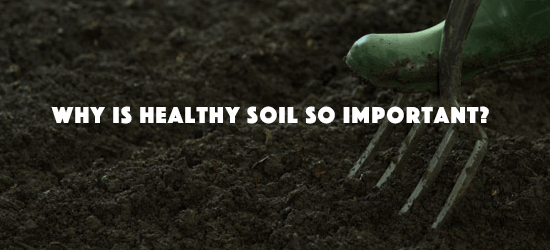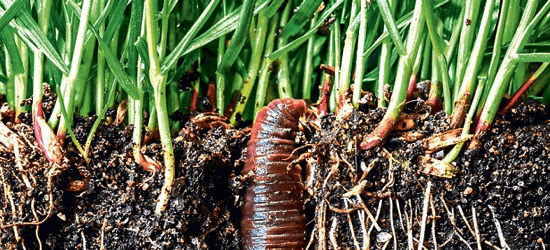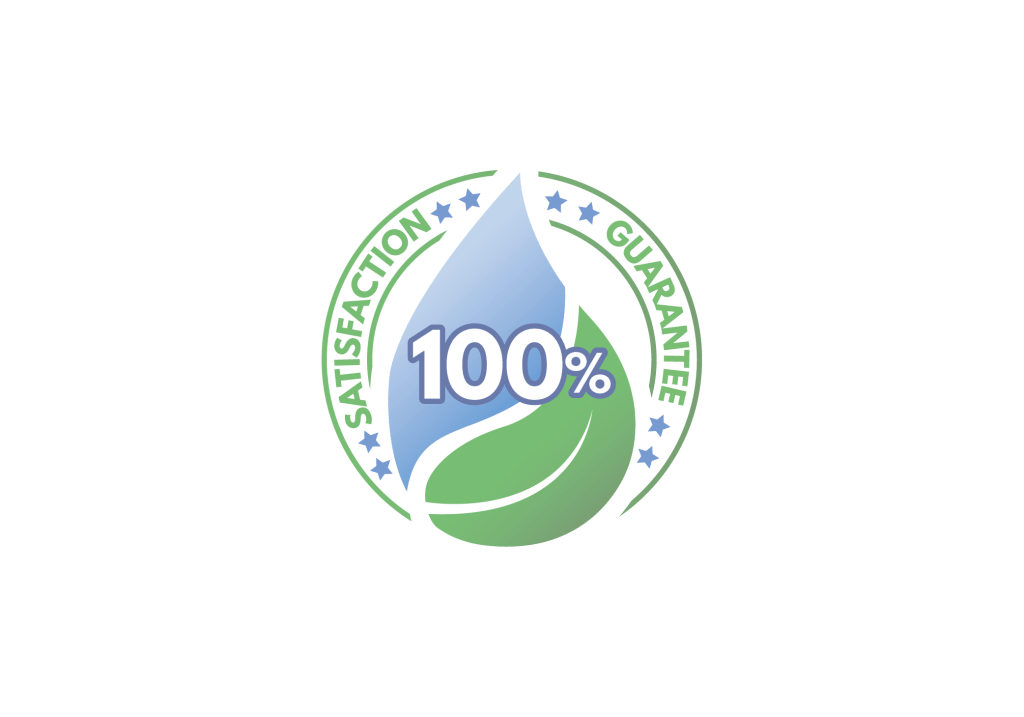
Most of us know that having unhealthy soil tends to be a bad thing. No soil equals no plants, no plants equals no food. No food equals no people or animals. Without a healthy soil, your plants won’t be able to put down solid roots or efficiently absorb the nutrients, water, and sunlight you help to provide them. Have you seen the recent Matt Damon film, “The Martian”? Spoiler alert: At one point in the film he actually has to create his own soil in order to even attempt to plant crops and survive. Real life is no different with the exception that we don’t normally have to create our own soil, we just have to take care of the soil that we already have and be able to recognize and remedy problems when they occur. Most famines tend to be driven by the degradation of local soil, as poor farming practices lead to soil loss through erosion and leaching of important nutrients. Anyone who has done even the smallest bit of gardening will quickly realize how the quality of the soil can change the outcome of the harvest. Bad soil equals bad crops.

A biologically healthy soil harbors a multitude of different organisms — microorganisms such as paramecia, fungi, amoebae and bacteria, as well as larger organisms like insect larvae, ants, earthworms and ground beetles. Most of these are helpful to plants, enhancing the availability of nutrients and producing chemicals that help to stimulate growth. Some of the vital functions of these soil organisms include breaking down litter and cycling nutrients through the soil, converting atmospheric nitrogen into forms that plants can use for growth, synthesizing vitamins and hormones, and even eating or decomposing the seeds from problematic weeds that can be harmful to your plants. The most healthy and biodiverse soils will support high levels of these beneficial soil organisms and very low levels of potentially harmful ones such as soil-borne plant pathogens and plant-parasitic nematodes.
Maintaining healthy, biologically diverse soil is important in other ways as well. Healthy soil and the vegetation it supports are vital in maintaining a high quality water supply. They catch and help distribute rainwater while reducing contaminants and pollutants and playing a key role in the water cycle. Soil distribution also plays a huge part in the shape, size, and direction of rivers, lakes, ponds, and streams as well.
 Performing soil tests is the first step in ensuring your plants have an environment they can thrive in. Soil tests will tell you what nutrients your soil might be lacking. Our organic fertilization program which includes compost top dressing can lead to a much improved soil composition and a healthier looking landscape (see example above). Soils in more urban environments tend to show higher levels of contaminants which can be caused by a multitude of factors. If you live in an urban environment, these problems don’t need to stop you from growing the plants that you want. The situation can be easily remedied by purchasing or building raised beds and purchasing healthy soil for your plants to grow in.
Performing soil tests is the first step in ensuring your plants have an environment they can thrive in. Soil tests will tell you what nutrients your soil might be lacking. Our organic fertilization program which includes compost top dressing can lead to a much improved soil composition and a healthier looking landscape (see example above). Soils in more urban environments tend to show higher levels of contaminants which can be caused by a multitude of factors. If you live in an urban environment, these problems don’t need to stop you from growing the plants that you want. The situation can be easily remedied by purchasing or building raised beds and purchasing healthy soil for your plants to grow in.

